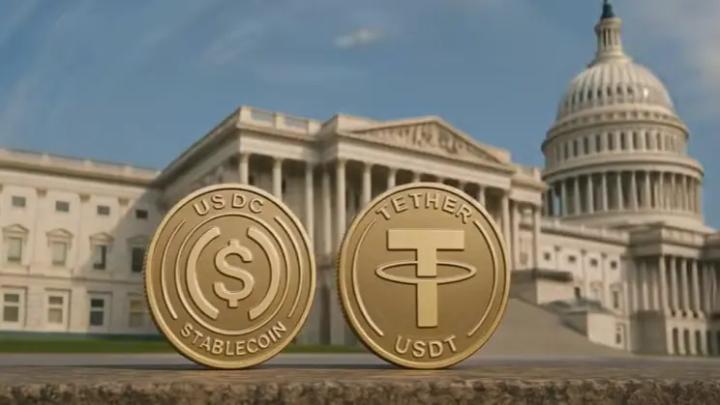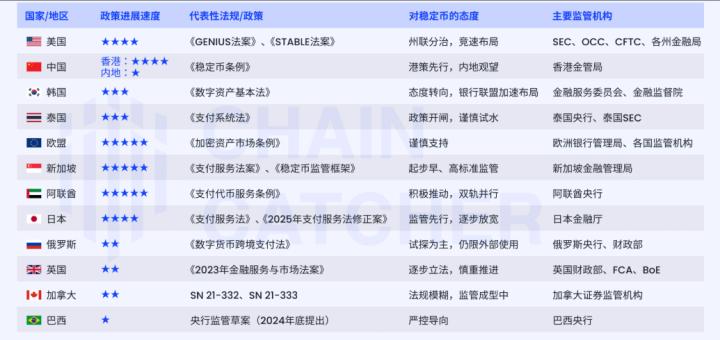With the signing of the "U.S. Stablecoin Innovation and Regulation Act" (GENIUS Act), traditional finance is paying more attention to stablecoins. Recently, Taipei Fubon Bank's Podcast Financial Weekly discussed "Stablecoins Entering the Mainstream Financial System" to introduce stablecoins and the stablecoin bill to listeners. Unlike the American Bankers Association's attitude, Taipei Fubon Bank's program stated that the passage of the stablecoin bill is like allowing the banking industry to board a high-speed growth train, with banks being the biggest beneficiaries of the bill's passage.
Table of Contents
ToggleStablecoins Enter Taiwan's Traditional Financial View, Banking Industry Recognizes Deep Chain Insights
The program's instructor Yirong explained that stablecoins are a digital currency whose value is pegged to legal tender (such as the US dollar) or specific assets (such as gold). Their purpose is to provide a stable trading medium, value storage tool, and asset exchange bridge within the volatile cryptocurrency ecosystem. The host remarked how difficult it was to imagine that the virtual currency industry was actually passed in the Senate with the GENIUS Act.
The speaker further explained the purpose of stablecoins and the "U.S. Stablecoin Innovation and Regulation Act", stating that stablecoins were created for daily transactions, retail finance, and enterprise use, while the Genius Act establishes a compliant infrastructure for stablecoins. The bill allows banks, financial technology companies, and large e-commerce platforms to legally issue stablecoins.
Fubon Bank Podcast: Stablecoin Bill Favorable to Banking Industry
The instructor mentioned that stablecoins are widely used in DeFi, Non-Fungible Token transactions, cross-border payments, and on-chain lending, showing that traditional financial professionals' understanding of cryptocurrencies is gradually moving on-chain. The host noted that the stablecoin market size has exceeded $200 billion, and asked which industries would benefit from the Genius Act.
The instructor stated that under clear regulations, banks are allowed to enter the stablecoin market, managing and issuing stablecoins. Banks like Bank of America, Citibank, and Wells Fargo are already preparing. For banks, this brings new income from management, trading, and exchange, and stablecoins can enable instant transaction settlement, significantly improving cross-national payment speed and reducing costs. They don't need to pay federal deposit insurance or interest, so bank deposits won't be lost. In a high-interest environment, banks as stablecoin issuers can also generate stable income from their asset reserves.
The program's instructor mentioned that the passage of the stablecoin bill allows the banking industry to board a high-speed growth train, with stablecoin business providing diversified revenue sources for banks, reducing processing costs, and improving efficiency, thus allowing a positive view of the financial industry's future performance.
Risk Warning
Cryptocurrency investment carries high risk, and prices may fluctuate dramatically. You may lose all your principal. Please carefully assess the risks.






